Distress signal sparks new fear for Tonga’s Ha’apai islands after tsunami
Since Saturday’s eruption, authorities have scrambled to make contact with thousands of people who live on Tonga’s Ha’apai islands.
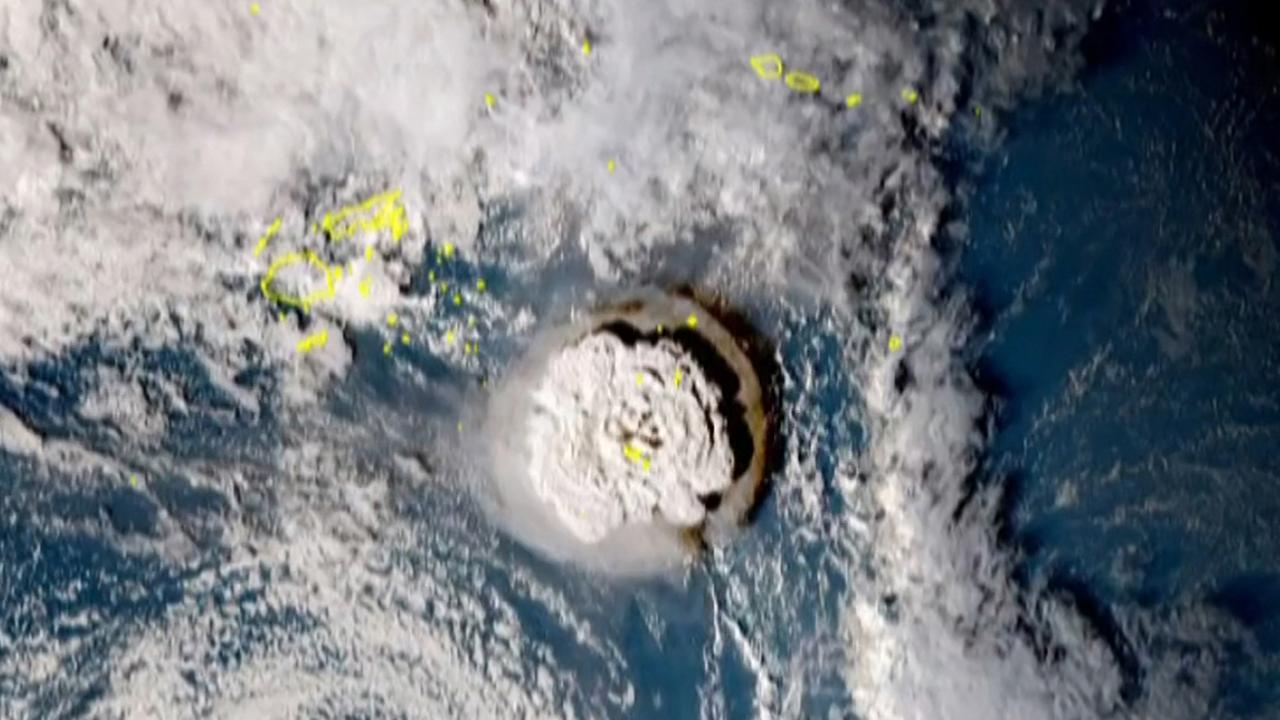
The United Nations has detected a distress signal from two remote, low-lying islands in the Tonga archipelago in the wake of Saturday’s volcanic eruption.
As communication continues to be affected by heavy volcanic ash clouds, there is “particular concern” for Fonoi and Mango islands, which have a combined population of 105.
Sitting among Tonga’s Ha’apai group of islands, contact has yet to be made since Saturday evening, with worries growing for the estimated 8000 people who live across all the islands in the group.

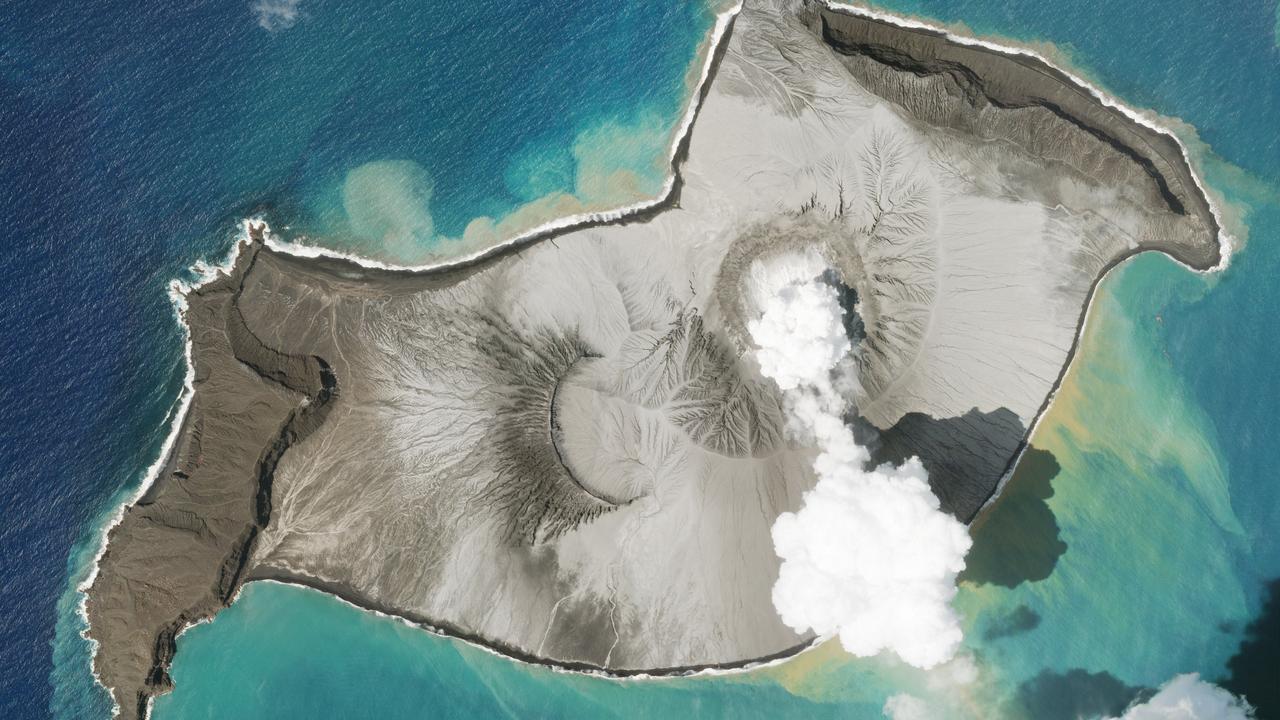
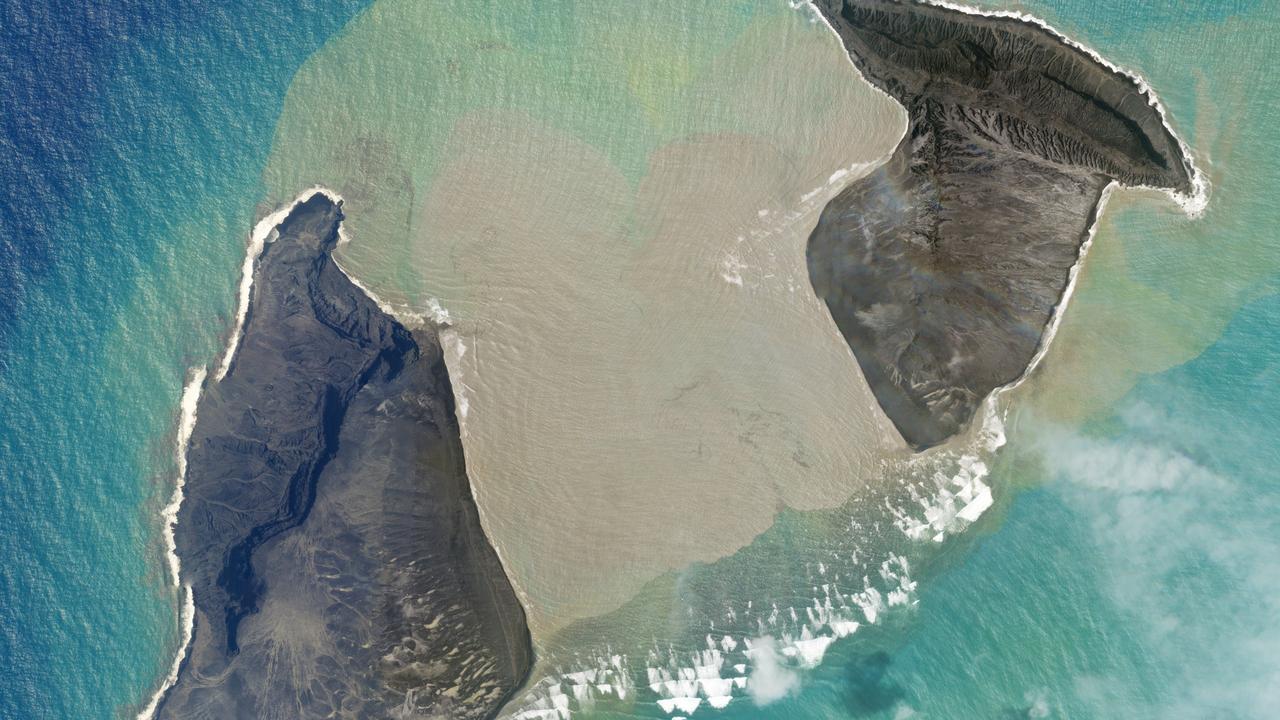
Since the blast, the uninhabited volcanic island of Hunga-Tonga-Hunga-Ha’apai has all but disappeared, with the eruption sending tsunami waves across the Pacific, with the high waves so far-reaching the effects were felt on the West Coast of the United States, Japan and New Zealand.
In an update from Monday, the UN Office for the Coordination of Humanitarian Affairs (OCHA) said “further volcanic activity cannot be ruled out”. While only “minor injuries” have been reported on the main island of Tongatapu and Atata, power was only restored in Nuku’alofa as of yesterday afternoon.
Contaminated drinking water and toxic ash are also major health concerns.
“Further volcanic activity cannot be ruled out,” the UN Office for the Coordination of Humanitarian Affairs (OCHA) said in the update on Monday.
“Nuku’alofa, Tonga’s capital, is covered with (nearly an inch) of volcanic ash and dust,” the organisation said.
“However, the situation in the city is calm and stable and first clean-up efforts are being made.”
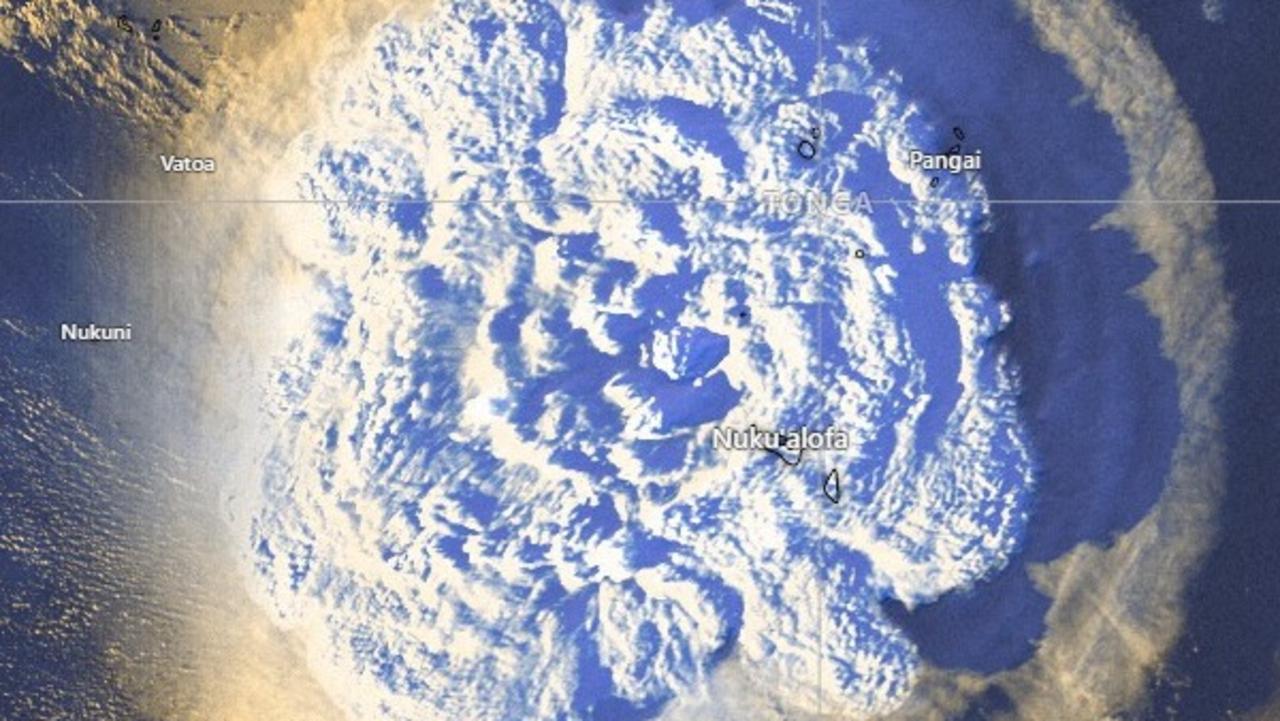
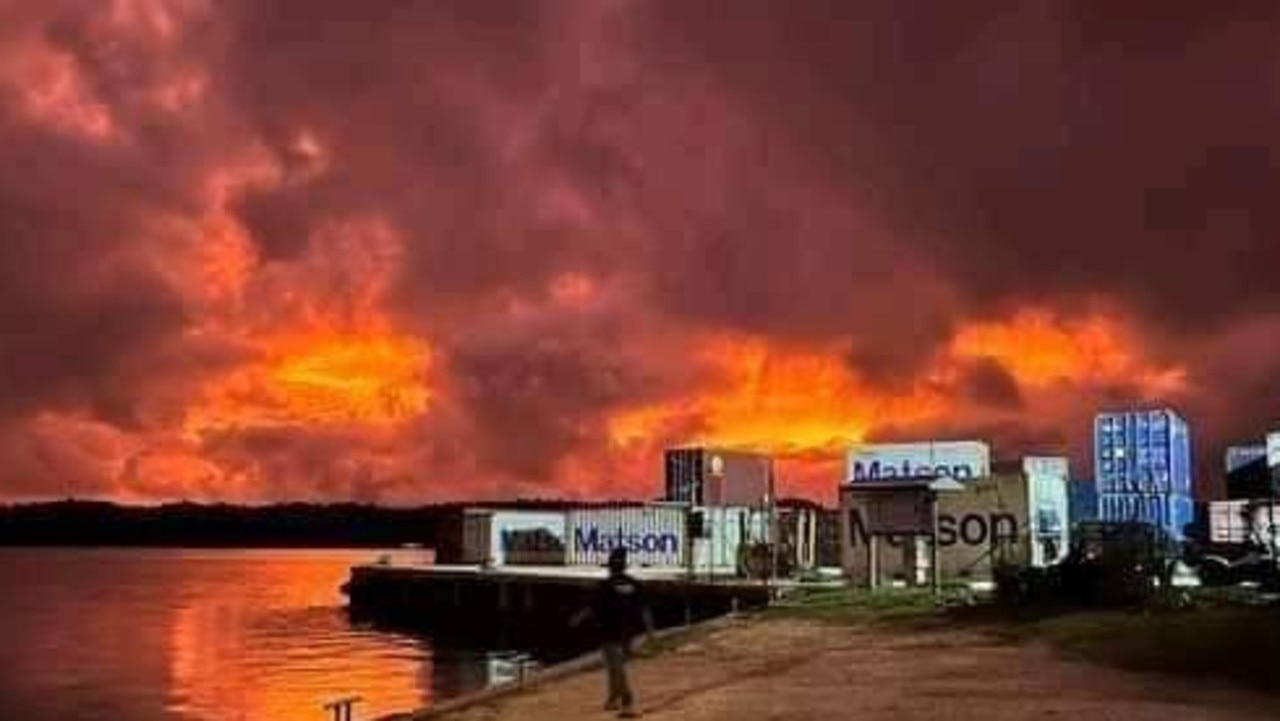
While authorities continue to assess the damage, there are fears unchecked help could bring Covid to the vulnerable islands. While Tonga has largely avoided Covid, the High Commission of the Kingdom of Tonga’s Second Secretary Curtis Tu’ihalangingie is wary this could change.
“We don’t want to bring in another wave – a tsunami of Covid,” he told Reuters.
Acknowledging that “when people see such a huge explosion they want to help,” he called on potential public and private donors to wait until a relief fund had been established.
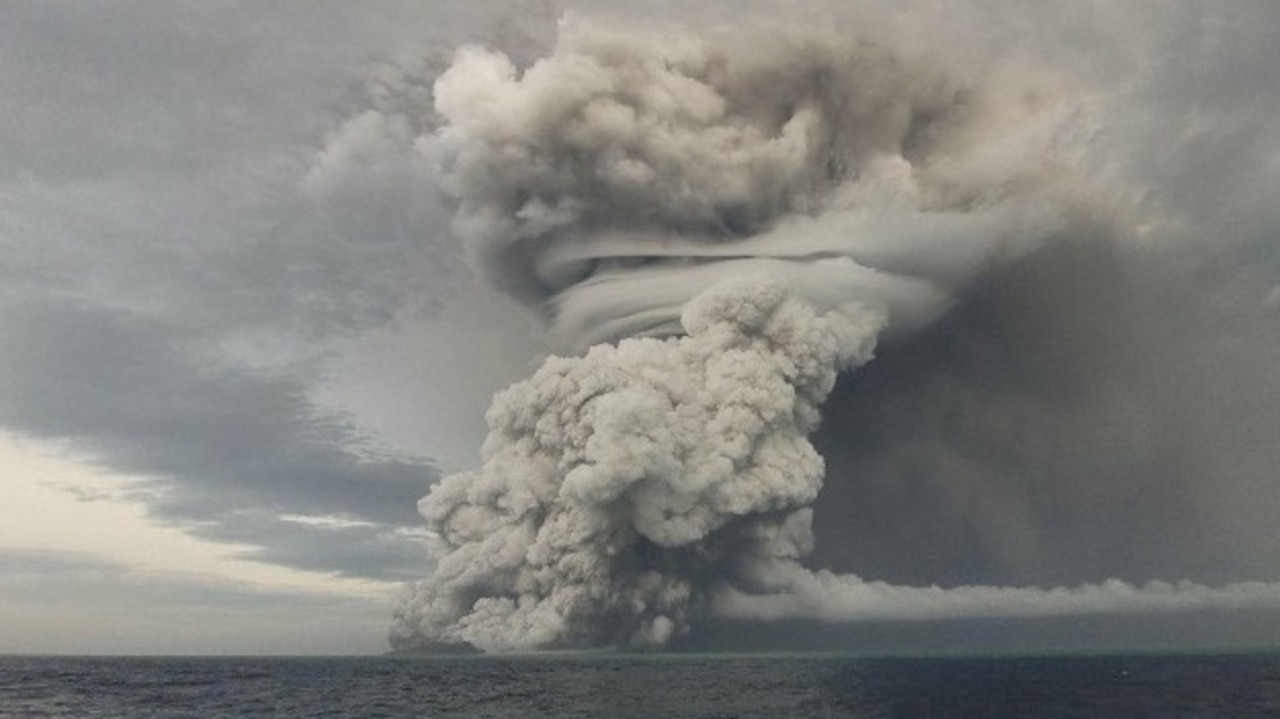
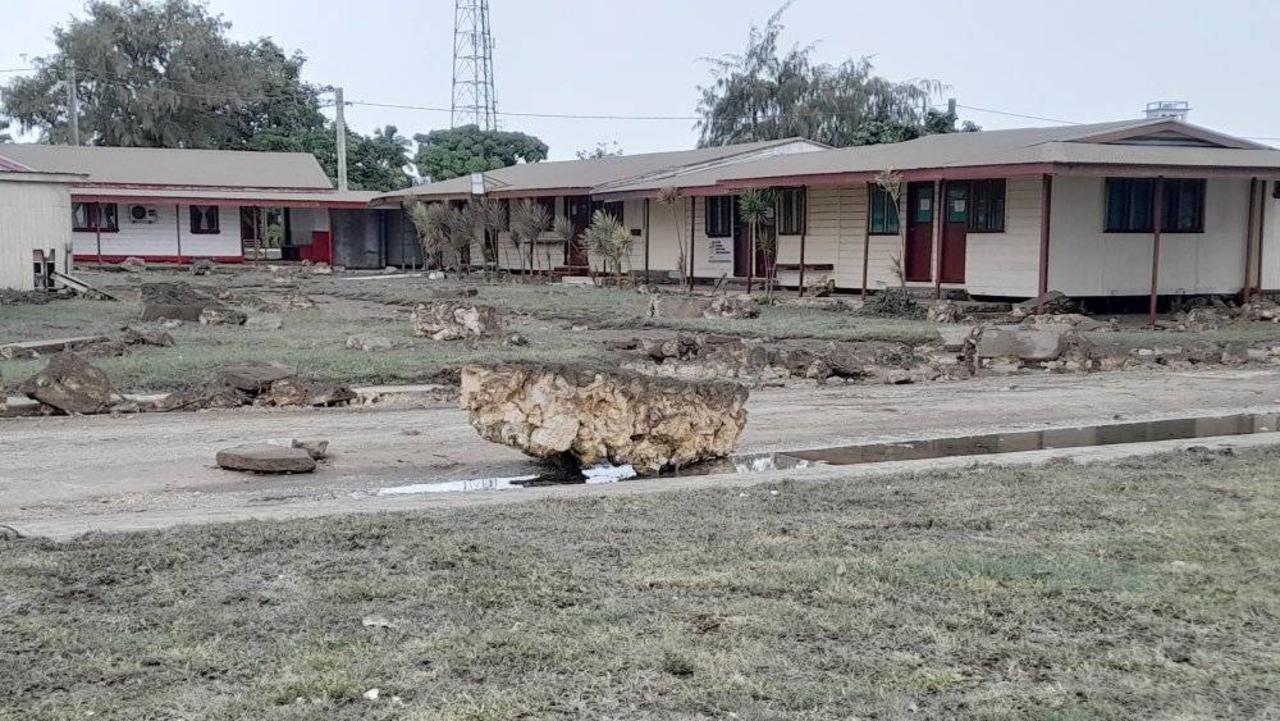
As it stands, the first victim of the Tongan tsunami has been identified as UK woman Angela Glover. The 50-year-old charity worker was swept away by the resulting tsunami while trying to save her rescue dogs. Her husband, who survived the waves by seeking safety in a tree, found her body.
Speaking to Sky News, her brother Nick Eleini said her family are “devastated”.
“Angela and James loved their life in Tonga and adored the Tongan people,” Mr Eleini said.
Two people have also drowned after abnormally big waves hit a beach in northern Peru.






